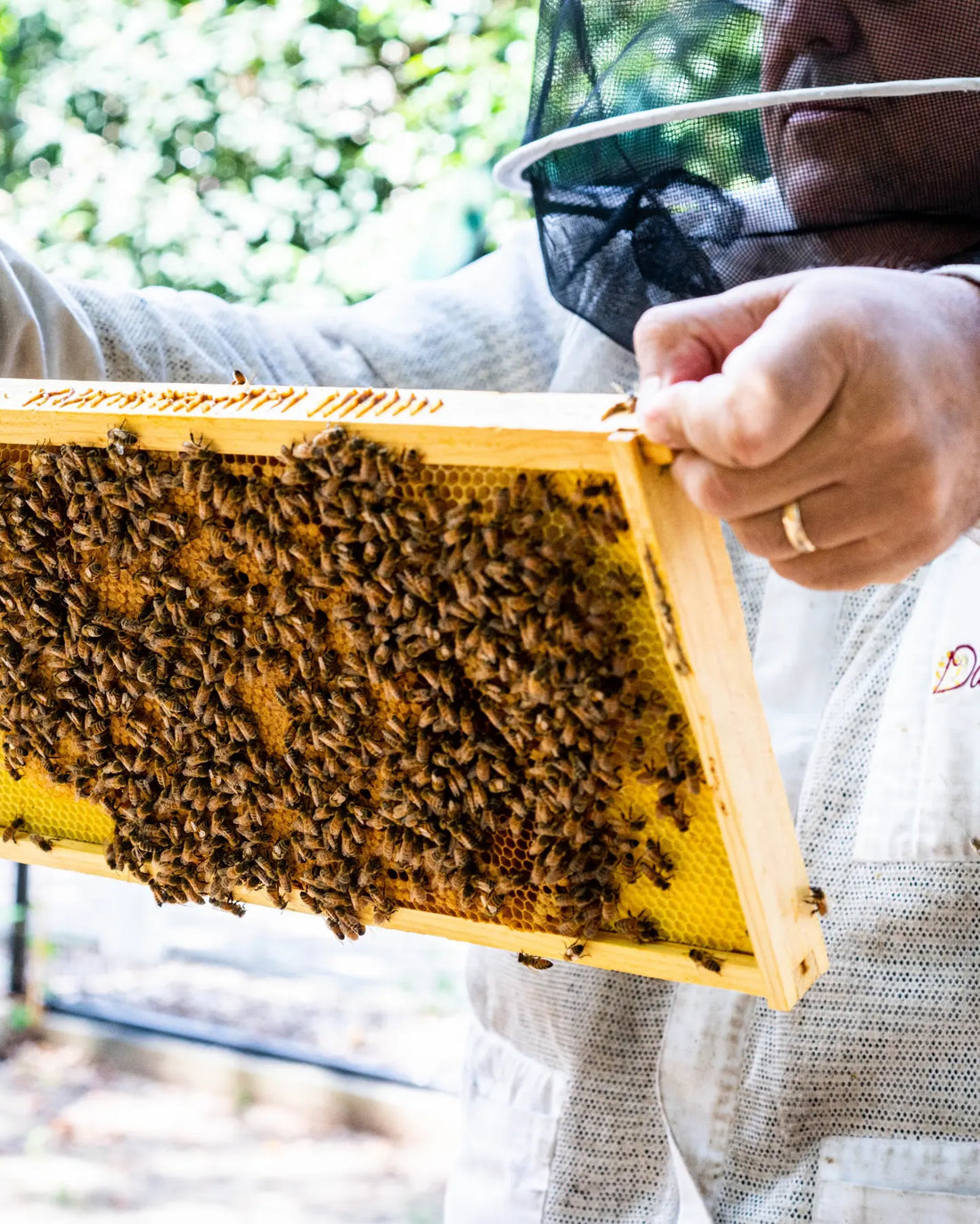Do you wanna start keeping bees in NYC?
Why?
A lot of people contact me, asking if I have hives for sale on Staten Island, I always respond with a question, are you already a beekeeper?
If you have been beekeeping for a few years, decades, then yes I have bees for sale. If you are not a beekeeper, if you are simply interested in starting beekeeping as a hobby in NYC, my next question is why?
Should you start beekeeper in NYC? Probably not. Too many people are looking to add a bee hive to there small backyard for the purpose of pollination, or to help "Save the Bees"... but urban beekeeping is not needed for those two reasons.

Save The Bees!
Bees don't need more urban beekeepers, they need less lawn mowers, less weed killers and more flowers. The single best way you can help Save The Bees in an Urban setting is to plant a Pollinator Garden, a garden space filled with beautiful, native flowers, that bloom in all seasons! This will be a fun project for your family, attract and help many species of bees and other pollinators and will be easy to maintain.
Another great way to help bees in NYC is by installing a bee hotel. Bees like Leafcutter Bees and Mason Bees are a great addition to any garden, they don't sting and only need maintenance once or twice a year.

Staten Island is overpopulated with Honey Bees and with no agriculture farming on our island, there is no need for more. Native Bees like Bumblebees DO need our help. Plant Native, replace your lawn with wildflowers and please stop spraying pesticides. Pesticides kill insects.
If you are looking into Beekeeping for Honey, then I would ask what training you have? I personally spent a full year studying, with two different teachers before I bought my first hives. Bees are considered livestock in NYC and they are difficult to take care of in an urban setting.

Over the last few years I have removed many "abandoned" hives from Staten Island backyards because the homeowners got in way over their heads. This does not help the bees, inface it can hurt them! A poorly managed Honey Bee hive can spread disease and pests to neighboring hives and to other bees. A hive infested with mites for example can spread mites to neighboring hives up to 6 miles away. Bees are very social and will visit each other often, especially the male bees who like to "sleep around".

If you are interested in building your own Bee Hotel, please check out our Native Bee Habitat page.
